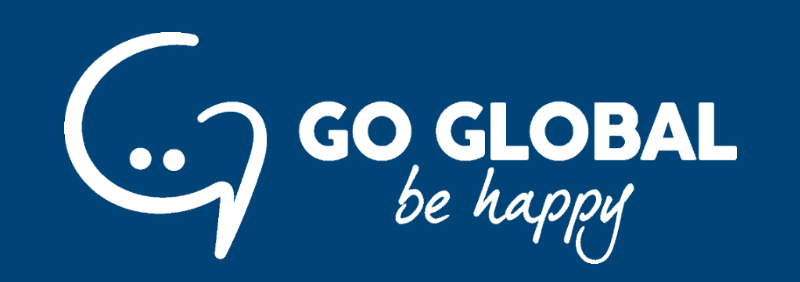Sometimes I am asked about the most important things I took away from my MBA decades ago. My answer is always the same – Option Pricing Theory, which is part of Finance. It took mankind until the 1970s to get the concept fully understood. The main researchers and theorists got the Nobel Prize for it in the late 1990s. Why should you care? Because understanding the concept of options, both financial options in capital markets and real options in life, can make you a much more successful and happier person. Your decision-making capabilities will increase and you will never see the world with the same eyes once you put on the glasses through which to recognize, acquire, and exercise options.
What Is an Option?
At its core, an option is the right – but not the obligation – to move forward with doing something at a later time. Moreover, most options have a limited shelf life. They don’t last forever. There is an expiration date, like the date printed on your milk container, after which the value of the option goes to zero—or at least diminishes in value over time. Acquiring options usually costs money because you have to pay for the right to follow through (or not) at will. Sometimes options are included in another asset, so that what you really buy are two or more items, one for immediate use or consumption and another for later use or consumption. One example is going to college or completing a master’s program. We will get back to that shortly.
Financial Options
Let’s first talk about financial options, which you might be familiar with. You can buy them in capital markets or your employer might give them to you in the form of company stock options. Your employer might grant you options to buy1000 shares of your company over the next 5 years. If the company’s stock price goes up during a that period, you have the right to exercise your option; you buy the share at the pre-set exercise price, and then sell the shares in the market for the higher market price. Should your company stock go down, though, you let the option expire at no additional cost to you. This type of option is referred to as a call option.
Real Options in Life
It’s the same with so-called real options. These are options you can find outside the financial markets. As life offers countless options, you can stretch the concept to the extreme and declare everything to be an option. But let’s not go there. Let’s just say that for an individual, real options can be anything meaningful in life that helps you use the asset underlying the option at a later time. This sounds fancy, but is rather simple.
University Degree as a Bundle of Real Options
Let’s take a degree from a reputable university. You have to pay for the underlying asset, the degree, in time and money. The core product you receive is the degree, such as a Master of Science in Marketing. You can immediately use the degree to go on job search and cash in (assuming you find a job quickly) – getting a return of investment on your studies.
But here is the kicker – there is so much more, as the degree has many options attached. Your reputable degree will hold its value for at least a few years, maybe even decades. As a consequence, you can always exercise the option to find a better job opportunity, maybe even one that requires exactly your degree. Alternatively, as part of an elite crowd, you can now look for love on dating sites like EliteSingles.com or find your future wife at an alumni happy-hour event. Once you obtain a master’s degree you may pursue a PhD program down the road. You will only exercise these option(s) if the time and circumstances are right. In addition, if your university keeps growing its network and reputation, you will profit from the option value increase in the future. Of course, there is no obligation to use any of these options. You might never exercise any of them because the right opportunity never comes up or a particular option like finding a better job has expired, for examples if robots/AI have made your marketing degree worthless.
Looking at Your Real Options in Life
Let’s look at some other options in your life. Your passport gives the right to travel or even to work abroad. Living in a big city allows you access to a never-ending set of opportunities. Let me add money. If you have plenty of it liquid in a checking account, you have the power to use it for the right item at the opportune time. Moreover, if you belong you those with a secondary set of skills outside your main job, you have a potentially valuable option right there. There is no shortage of these options in your life. The key for you is to understand the concept, and then make rational decisions about how much time and money you want to spend acquiring them.
Takeaway
Think about your life for a moment. What are the key options you have right now? Which ones are going to acquire in the future? In a follow-up post we will go deeper into the main type of real options.
© Michael Froehls – 2019 – All Rights Reserved






